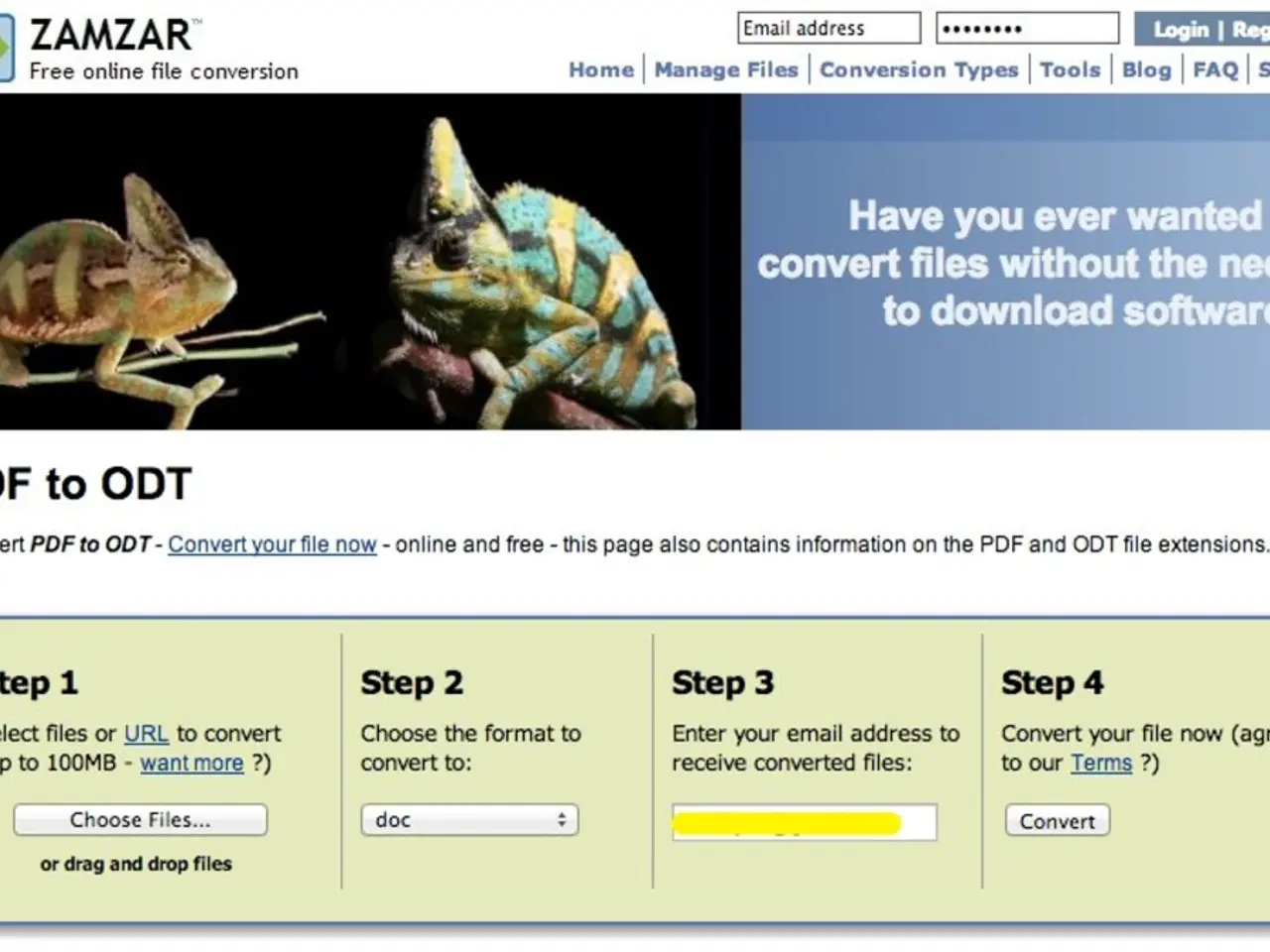Urgent Action Needed: Avert Internet Access Demand for Facial Recognition
In the United States, efforts to prevent mandatory biometric identification systems like facial recognition and fingerprint scanning from becoming requirements for Internet access are gaining momentum. These efforts focus on legal challenges, public opposition, and advocacy against government mandates tied to digital IDs.
Legal opposition to state and federal laws mandating biometric ID for online access is evident in ongoing litigation. For instance, social media platforms are challenging Mississippi's law requiring user verification with government-issued IDs and biometric data. Civil rights advocates argue such laws create severe privacy risks, data security vulnerabilities, and a chilling effect on free speech and access to information.
Policy and advocacy groups are also resisting mandatory digital ID systems. The Health Freedom Defense Fund, for example, opposes compulsory digital IDs and biometrics for healthcare and online services, advocating for the right to refuse intrusive verification measures.
The government, on the other hand, is investing heavily in biometric systems, particularly in border security and law enforcement. However, these efforts are separate from Internet access requirements.
Regulatory bodies are evolving technical guidelines to enable secure digital identity proofing, including biometric methods for online authentication. These guidelines focus on technical standards and combating fraud, but do not mandate universal biometric IDs.
In summary, the current efforts to prevent mandatory biometric requirements for Internet access in the US largely consist of legal challenges and opposition to laws that enforce biometric verification for social media and online platforms, advocacy organizations promoting individual rights to refuse biometric digital IDs, and government assurances about voluntary adoption of digital ID systems in healthcare and online services.
Rep. Andrew Ogles is the sponsor of H.R. 3693, a bill introduced in 2025 that aims to prohibit the federal government from maintaining biometric identity verification databases of U.S. citizens. The bill is currently under review by the House Committee on Oversight and Government Reform.
It's important to remember that history shows that any institution or individual entrusted with too much power will, at some point, abuse it. Mandating biometric data collection for internet access hands unprecedented surveillance and control tools to governments and corporations, potentially replacing a culture of freedom with one of fear and conformity.
Public comments during federal agency consultations on biometric technologies, data security, or internet access rules can have legal weight and shape implementation details. Sending an anonymous email to those in power, expressing opposition to mandatory biometric policies for internet use, is an important action to take.
Any legislation or regulation that enforces mandatory biometric requirements should be rejected. Strategic litigation against federal or state biometric mandates can be supported or initiated, focusing on constitutional rights to privacy and equal access.
The future you help shape now will resonate for generations, and it's important to protect citizens' rights to secure and voluntary authentication methods that honor dignity and autonomy. It's not about trusting who holds the power, but about ensuring that no one holds too much power in the first place. Federal or state legislation that ties broadband/internet funding to AI or biometric mandates should be opposed.
Recognizing unchecked power, regardless of the actors' intentions, tends to corrupt and oppress is essential when debating biometric mandates or any form of intrusive surveillance. Biometric data, once given up, cannot be reclaimed or changed like a password, making its collection for internet access a significant threat to privacy, anonymity, and freedom of expression.
The belief in a clear division between "good guys" and "bad guys" can dangerously oversimplify complex realities. It's crucial to approach these issues with a nuanced understanding of the potential risks and benefits, and to advocate for policies that protect individual rights and promote a culture of freedom and privacy.
Technology continues to be a central focus in policy-and-legislation debates, with ongoing discussions surrounding mandatory biometric identification systems for internet access. Public opposition to such mandates is strong, as evidenced by legal challenges, social media platform resistance, and advocacy against government-enforced digital IDs.
Politics plays a significant role in these discussions, as legislation such as H.R. 3693, aiming to prevent the federal government from maintaining biometric identity verification databases, gains consideration. It is crucial to remember that any legislation or regulation that enforces mandatory biometric requirements should be rejected, and strategic litigation can be an effective tool in this fight to protect individual rights.




